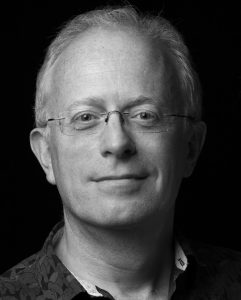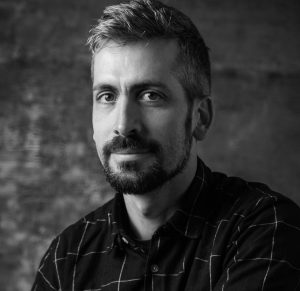Wie beeinflussen neue Kameratechnologien die visuelle Ästhetik von Dokumentarfilmen? Das Forschungsprojekt «Gadgets, Phones and Drones» der Zürcher Hochschule der Künste untersucht das Zusammenspiel von technologischem Wandel und Bildästhetik mit praxisbasierten Experteninterviews und zwei empirischen Vergleichsstudien. Mit diesen systematischen Untersuchungen können ausgewählte Veränderungen im Dokumentarfilm der letzten 30 Jahre einer Gegenwartsanalyse unterzogen und hinsichtlich der Wechselwirkung von Bildästhetik und Authentizität mit einem Kinopublikum untersucht werden.
Das Forschungsprojekt legt den Schwerpunkt auf drei markante technische Neuerungen der jüngeren Filmgeschichte: Das Aufkommen von digitalen Handycams in den 90er Jahren, DSLR Kameras ab 2005, und das Einbinden von Actionkameras, Smartphones und Drohnen in den letzten neun Jahren. Diese leichteren Kameramodelle bieten flexiblere Gestaltungsoptionen im Vergleich zu traditionellen Schulterkameras und ermöglichen eine Befreiung vom klassisch anthropomorphen Blickwinkel.
Das Referat fokussiert auf den ersten Teil des Forschungsprojektes (gesamte Projektdauer von Januar 2018 bis Dezember 2020), bei dem der Wandel der Bildästhetik anhand von Interviews mit Experten und Expertinnen aus den Bereichen Kamera, Regie und Festivalleitung analysiert wurde. Zudem werden erste Resultate der empirischen Vergleichsstudie präsentiert, die sich mit der Veränderung der Bildästhetik aufgrund unterschiedlicher Sensor- und Kameragrössen befasst hat.
> Miriam Loertscher Ι > Stefan Dux

